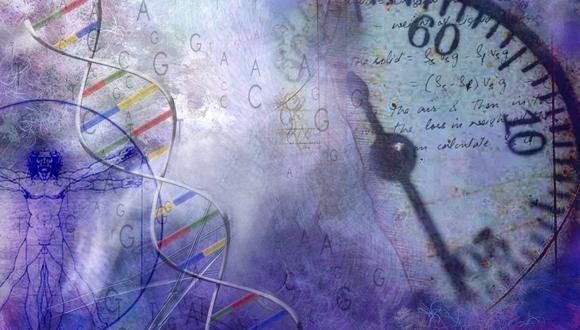Colloquium “Cold Atoms in Space”
Professor Wolfgang P. Schleich, Chair of Theoretical Physics, Institut für Quantenphysik, Universität Ulm, Germany
Professor Wolfgang P. Schleich is 2018/2019 Sackler Lecturer in the Mortimer and Raymond Sackler Institute of Advanced Studies.
Abstract
The gedanken experiment of a freely falling elevator was crucial for the development of the theory of general relativity. In such an environment, there are locally no gravitational forces, an idea that gave birth to the equivalence principle. Whereas general relativity rules the macroscopic world, quantum mechanics dominates the microscopic scales and reveals the wave nature of matter. Bose-Einstein condensates exist on the border between quantum and classical physics; they are governed by the laws of quantum mechanics but can take macroscopic dimensions.
We take advantage of the absence of gravity in a freely falling elevator to perform experiments [1, 2] with a Bose-Einstein condensate in microgravity. These experiments take place in the 146-m-high drop tower of the Center of Applied Space Technology and Gravity (ZARM) in Bremen and most recently using the MAIUS rocket [3]. We summarize our activities on this interface between quantum and gravity and present an outlook on future experimental possibilities provided by the International Space Station.
[1] T. van Zoest et al., Bose-Einstein condensation in microgravity, Science 328, 1540 (2010)
[2] H. Müntinga et al., Interferometry with Bose-Einstein condensates in microgravity, Phys. Rev. Lett. 110, 093602 (2013)
[3] D. Becker et al., Space-borne Bose-Einstein condensation for precision interferometry, Nature 562, 391-395 (2018)


